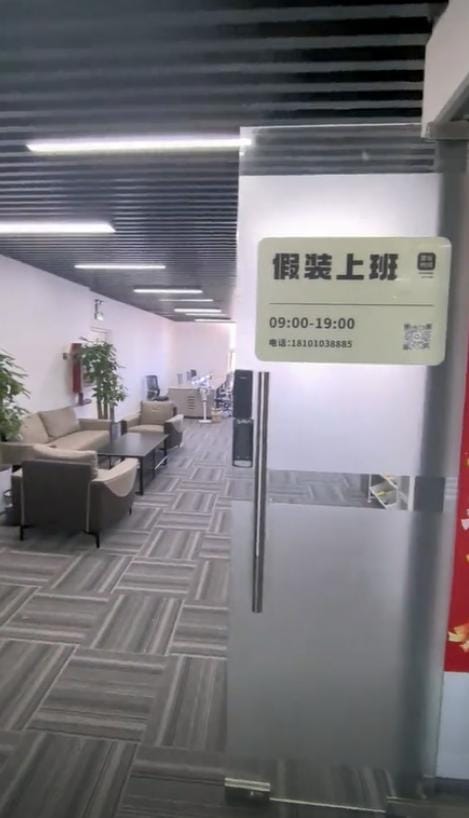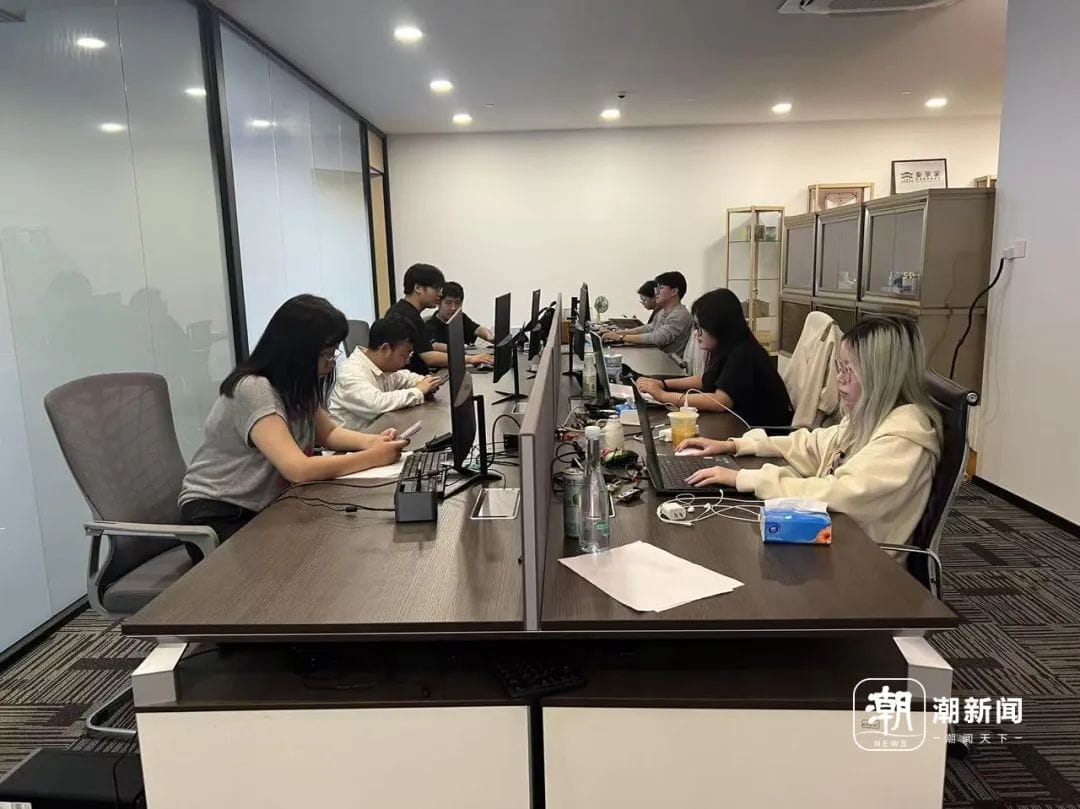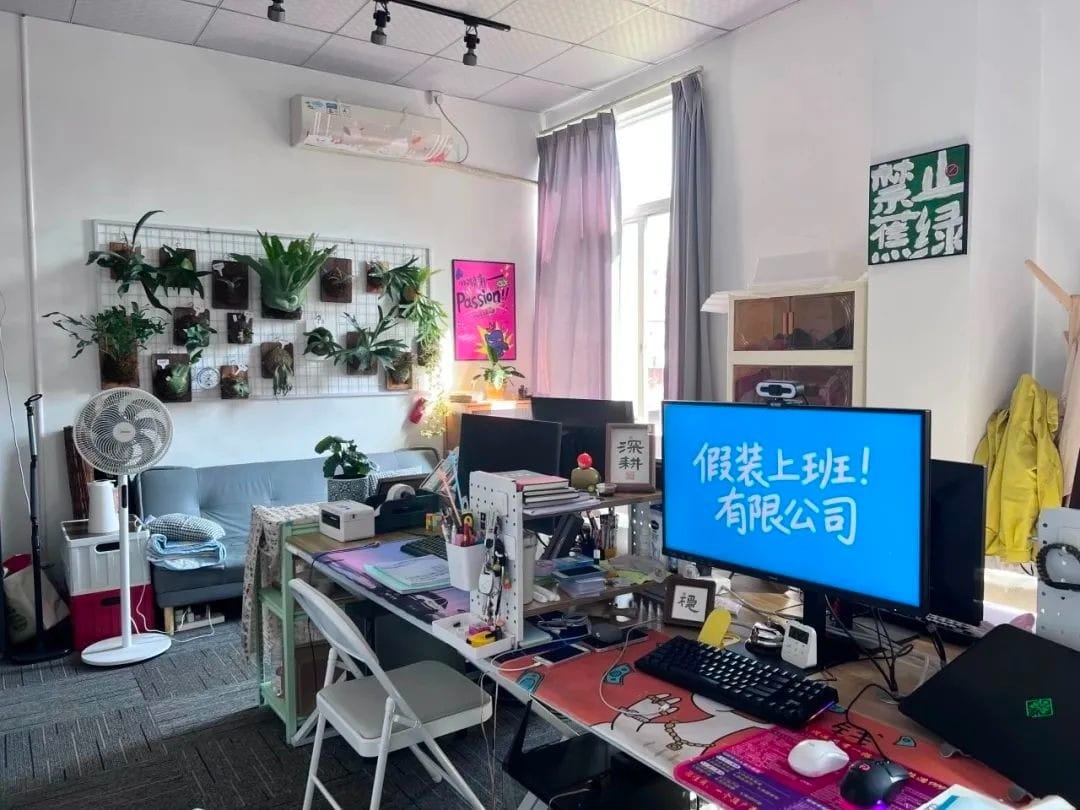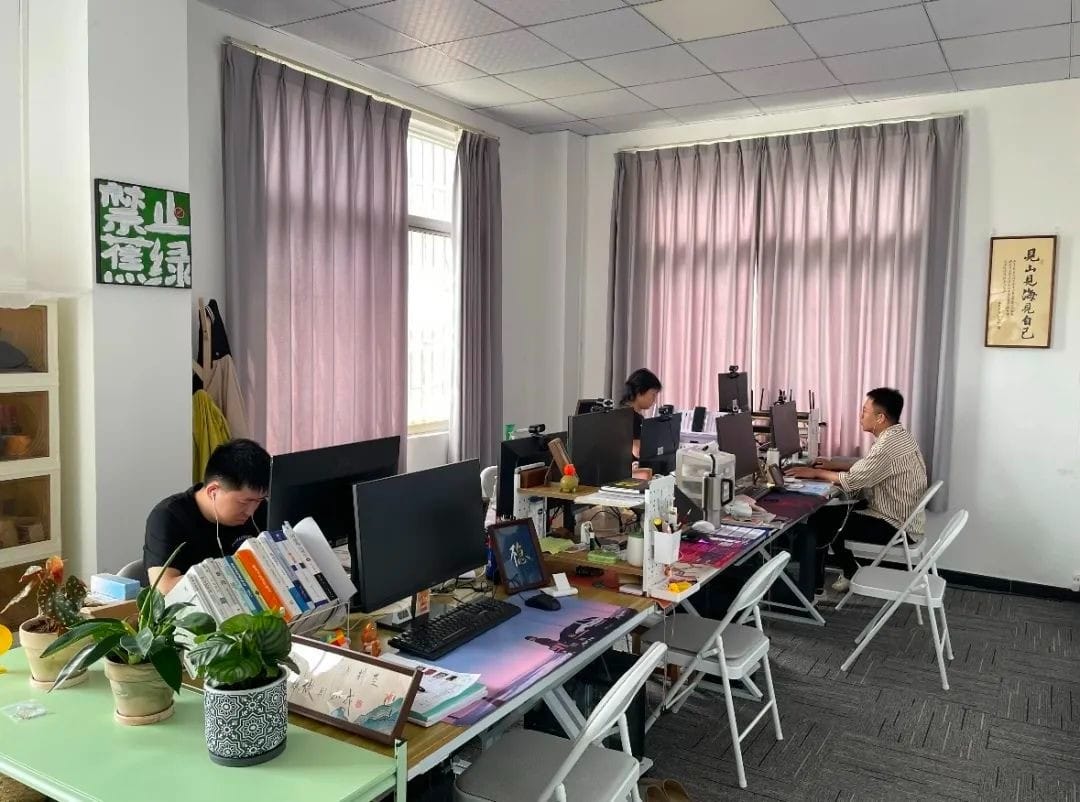The Rise of "Pretend-to-Work" Services in Modern China

Introduction: What on Earth Is "Pretend-to-Work"? 🤔
Imagine paying less than 5 USD a day just to appear like you're working — sitting in an office, casually tapping a keyboard, snapping a photo to prove you're "on the job." Sounds surreal, right? Welcome to the curious world of "pretend-to-work" services that have recently sprouted across China, starting from a small yet buzzing company in Hangzhou.

Why Would Anyone Pay to Fake a Job?
In a society where pressure to succeed can feel relentless, appearances matter a lot. For some, it’s about saving face and reassuring family members who are worried about their job status. You might think it's just slackers wasting time, but the reality is more complex. Some customers are temporarily unemployed or caught in career limbo and see this as a harmless way to buy some breathing room.
Business owner reports indicate dozens of clients have already joined the "pretend clock-in" movement, paying small fees just to create the illusion of a conventional 9 to 5 life. This small investment in *illusion* might just be their personal coping mechanism. 🎭

The Strange Culture of Faux Office Life
Step inside one such office, and you’ll see people in flow, fingers poised over keyboards, sometimes exchanging quick glances—and mostly, just passing time. Walls are decorated with imaginary schedules and targets, creating a believable workspace ambiance. It’s a place where work is fake but the social pressure is painfully real.
Funny enough, some "employees" share their experiences on social media, joking that this might be "the truest modern workplace" because it's all about the performance, not productivity. It’s a quirky blend of play-acting and survival strategy. 🎬

What Does This Say About Society?
This bizarre trend reveals deep societal tensions—where the need for validation clashes with a harsh job market and rising anxiety. People face a paradox: the demand to prove worth while struggling to find meaningful work. The "pretend-to-work" phenomenon surfaces as an odd but telling response to these pressures.
Experts speculate this could be just the tip of the iceberg of how modern life is pushing people to seek comfort in appearances. Critics also warn about potential hidden risks if such spaces are misused for less legitimate purposes.

Final Thoughts: Could Pretending Be the New Reality? 🤷♂️
As absurd as it may sound, "pretend-to-work" services tap into a universal human desire—to be seen, respected, and part of something stable. In a world spinning faster than ever, maybe faking it is just a quirky way some people manage to keep chaos at bay.
What’s your take? Could this be a symptom of broader cultural shifts, or just a bizarre fad destined to fade away? Either way, it’s a fascinating mirror reflecting the complexities of modern work and social expectation.




